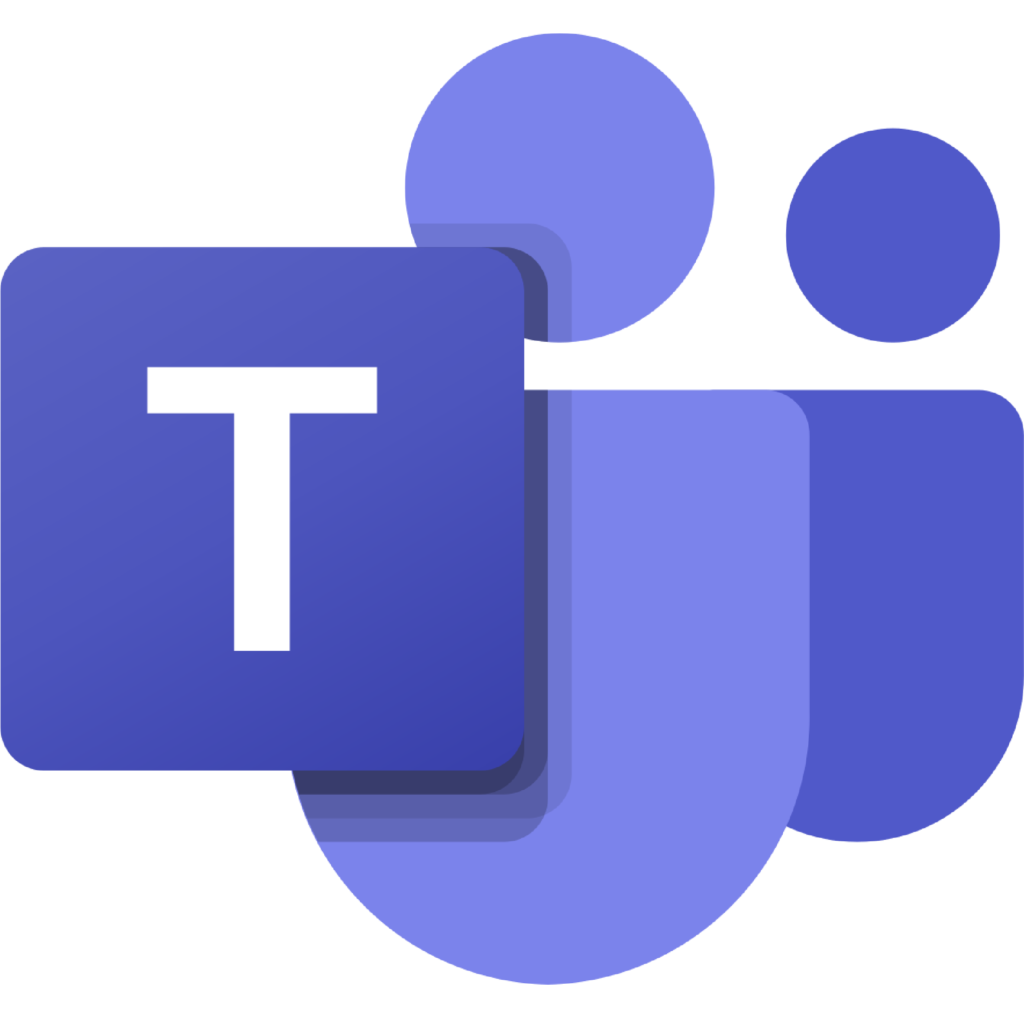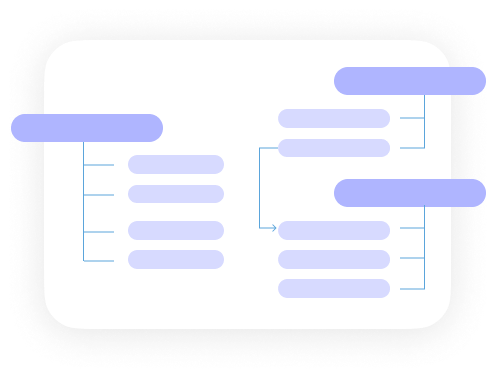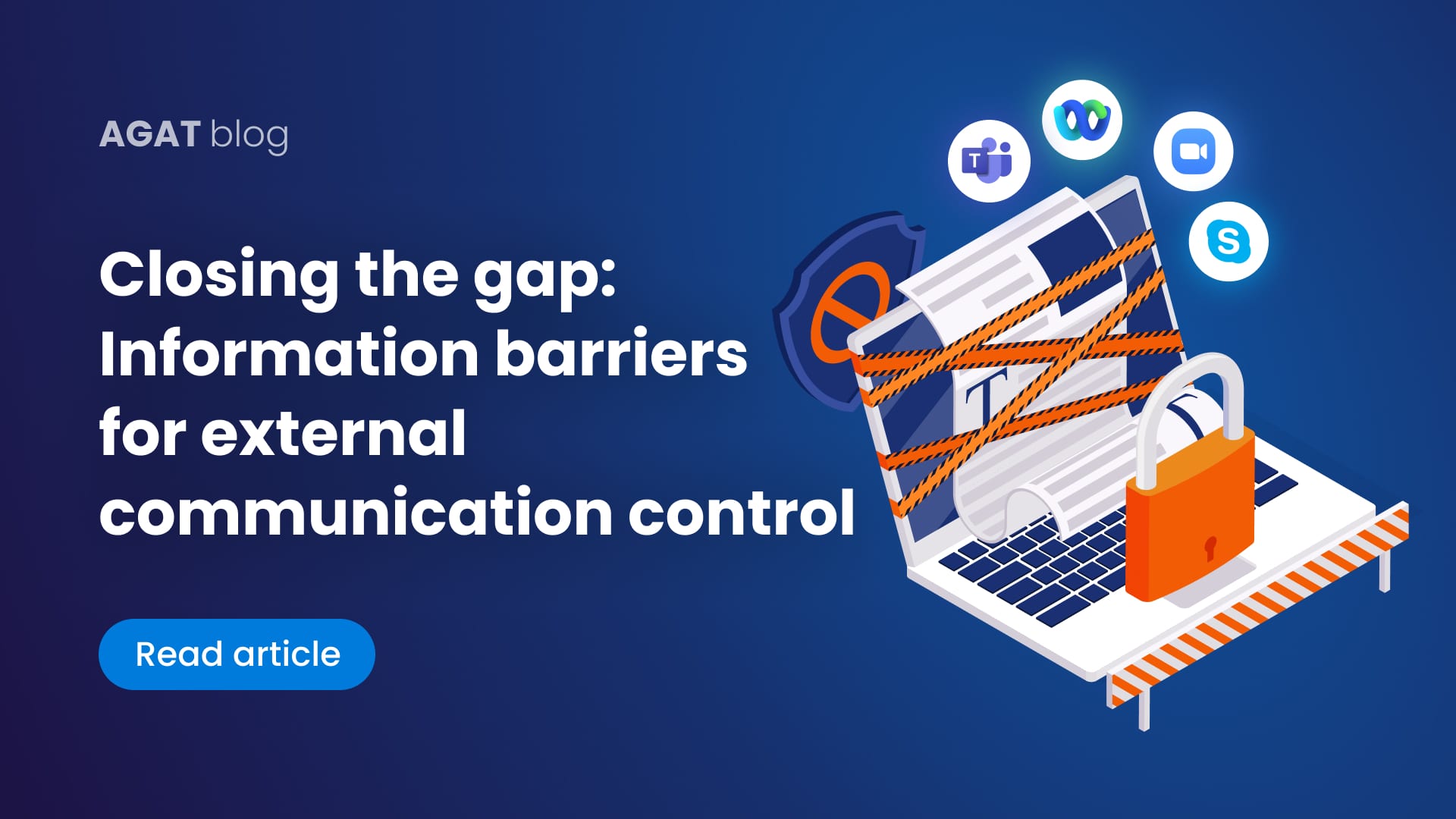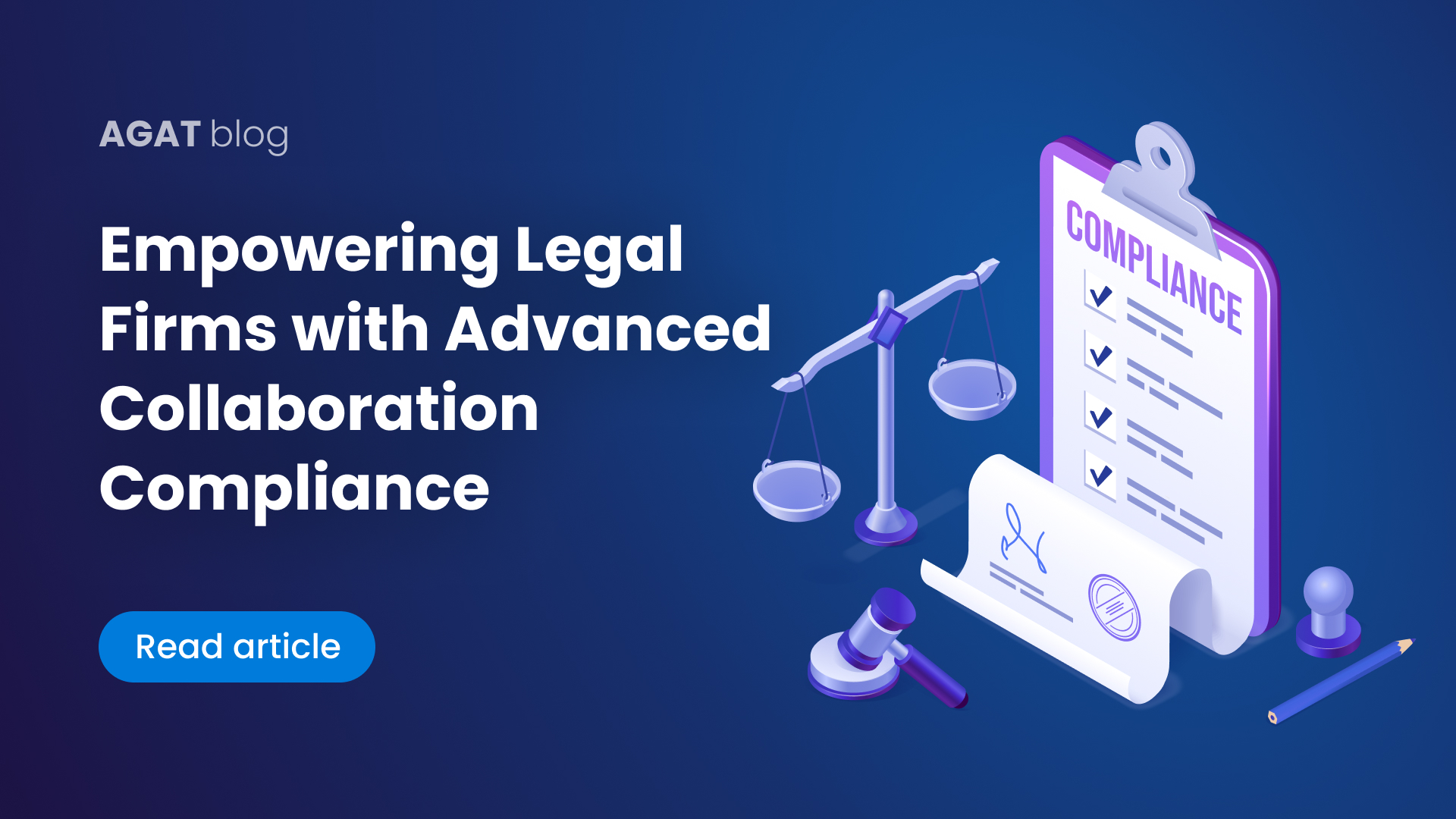Background
Workplace harassment can be a serious issue and an HR nightmare. Managers can bully employees, employees could insult one another and the dreaded sexual harassment may threaten the safety of the workplace. When bullying, insults, and sexual harassment occur in the workplace, a hostile work environment is created damaging morale and productivity. Organizations are liable to prevent any and all types of harassment.
In certain countries, there are laws directly against workplace arrestment. In 1993, Sweden was the first country to implement legislation specifically outlawing bullying at work. Bullying, which is called “moral harassment”, is prohibited under Article L. 1152-1 of the French Labor Code. The Labor Code defines moral harassment as “repeated acts leading to a deterioration of the working conditions and that are likely to harm the dignity, the physical or psychological heath of the victim or his professional career”. In Germany, employment-related laws are aimed at preventing workplace discrimination and ensuring health & safety for all employees. Some examples of employment related laws in Germany are, the General Equal Treatment Act of 2006 (ETA) (preventing discrimination at work), the Occupational Health and Safety Act of 1996 (implementing measures to improve the health and safety of employees), and the Works Constitution Act of 2001 (promoting workplace equality). According to the Unites States Federal Law, harassment becomes unlawful where 1) enduring the offensive conduct becomes a condition of continued employment, or 2) the conduct is severe or pervasive enough to create a work environment that a reasonable person would consider intimidating, hostile, or abusive. Other countries complied different laws regarding workplace safety as well.
Since the organization is considered liable to prevent the harassment, many organizations choose to implement an anti-bullying and anti-harassment workplace policy to ensure the conduct of the employees. Such organizations should consider that the harassment may be carried over the company’s IT infrastructure – e.g Skype for Business Instant Messaging.
Implementation
The SphereShield Anti-harassment and Workplace Safety Policy Feature enables IT administrators and HR management to block, monitor, or censure phrases and emoticons that could be inappropriate in a workplace. Using the DLP Rules in the AGAT DLP infrastructure, SphereShield implements two separate rules that together create the Anti-harassment and Workplace Safety Policy compliance. The first rule is “Badwords” which contains a list of profanities that would be used in a bullying or sexual harassment scenario. The second rule is “inappropriate emojis” which contains a list of emoticons that could be used in a bullying or sexual harassment scenario such as, kiss, swear, in-love, heart, broken heart, hug, wink, grin, devil, head-bang, and punch. By default, the rules are set to only log and monitor the suspected harassment, but could be changed by the Access Portal Admin to “block” which will prevent the harassing party from sending the inappropriate messages or to “update” which will change the content of the message. A notification about the violation of the policy may be sent to the IT administrator and HR department.
-Article written by Shai Eistein







